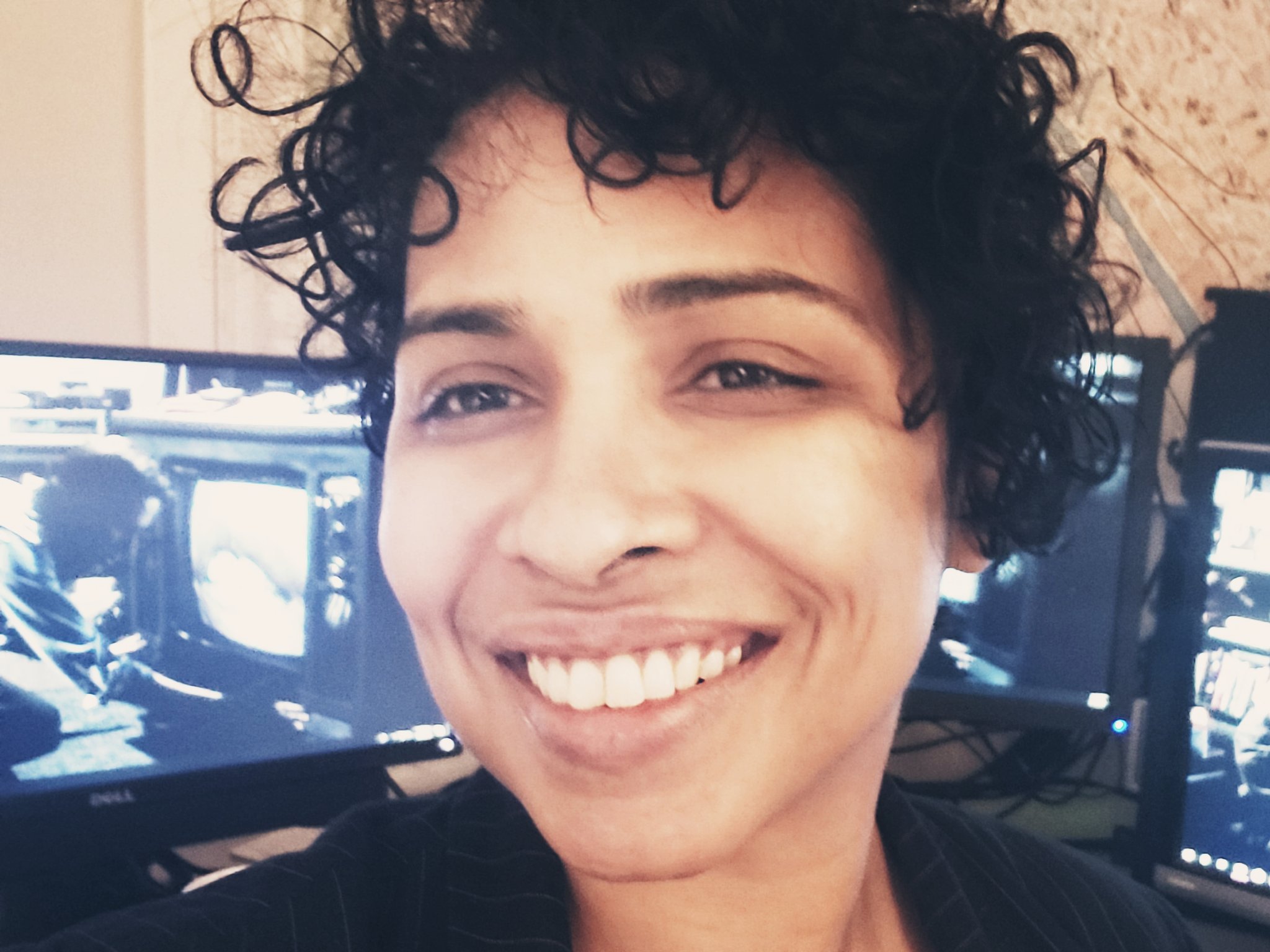Teaching
- HIST H364 / H546 The History of Medicine and Public Health
- MHHS M420/M520 The Culture of Mental Illness
- MHHS M425/M525 (AFRO A327/A503) Survive, Breathe, Thrive: Black Health and the Humanities
- MHHS M495 Medical Humanities Capstone: Trauma and the Medical Humanities
- MHHS M495 Medical Humanities Capstone: Disability Studies and the Medical Humanities
- MHHS M301 Perspectives on Health, Disease, and Healing
- MHHS M201 Introduction to Medical Humanities & Health Studies
I’ve also co-taught (with Richard Gunderman) the History of Medicine 4th-year elective at IU School of Medicine and various history colloquia and seminars at the Indiana Women’s Prison.
Publications
Refereed Journal Articles
- Emily Beckman, Elizabeth Nelson, and Modupe Labode, “Voices from the Newspaper Club: Patient Life at a State Psychiatric Hospital (1988-1992),” Journal of Medical Humanities (May 2020): https://doi.org/10.1007/s10912-020-09617-7
- Elizabeth Nelson, “Confusion about Confusion: Édouard Toulouse’s Dementia Test, 1905-1920,” History of Psychiatry Vol. 30, no. 2 (June 2019), pp.189–204: https://doi.org/10.1177%2F0957154X19825623
- Elizabeth Nelson, “Running in Circles: A Return to an Old Idea about Asylum Reform,” Proceedings of the Western Society for French History, Vol. 42 (2014), pp. 115-125.
Edited Collections
- Michelle Daniel (Jones) and Elizabeth Nelson, eds., “Besides, who would believe a prisoner”: Indiana Women’s Carceral Institutions, New York: The New Press (forthcoming 2023).
Book Chapters
- Emily Beckman, Elizabeth Nelson, and Modupe Labode, “I Like My Job Because It Will Get Me Out Quicker: Work and Intellectual Disability at Indiana’s Central State Hospital (1986-1993).” Voices of Madness, Sarah Kendal and Rob Ellis, eds. London: Palgrave Macmillan, 2021.
- Elizabeth Nelson, Emily Beckman, and Modupe Labode, “Surprise and Nostalgia: Staff Narrate the Closure of Central State Hospital” Faith in Reform edited collection, Rob Ellis, Jennifer Wallis, and Rebecca Wynter, eds. London: Palgrave Macmillan (forthcoming 2023).
Reviews of Books and Digital Resources
- Review of “Black Health and the Humanities,” directed by Josie Gill and Amber Lascelles, Center for Black Humanities, University of Bristol, UK, for Reviews in Digital Humanities, Special Issue on Race, Health, and Medicine (forthcoming).
- Review of Simon Jarrett, Those They Called Idiots: A History from 1700 to the Present Day, Reaktion Books: 2020, for the Canadian Journal of History, Vol. 56, no. 3 (Winter / hiver 2021): 414-416.
- Review of Madeline C. Burghardt, Broken: Institutions, Families, and the Construction of Intellectual Disability, Montreal: McGill-Queen’s University Press, 2018, for the Nursing History Review Vol. 29, no. 1 (2021): 238-241.
- Review of Anne Parsons, From Asylum to Prison: Deinstitutionalization and the Rise of Mass Incarceration after 1945, Chapel Hill: The University of North Carolina Press, 2018, for the Canadian Journal of History, Vol. 54, no. 3 (Winter / hiver 2019): 442-444.
Scholarly Online Writing
Academic Interests
I am a medical historian and my research focuses on modern institutions of confinement, such as mental hospitals and prisons. An examination of the production of poor health, disability, and premature death is a necessary part of my work. However, I am especially interested in creativity, knowledge production, community building, and activism in these institutional spaces. Central to my work are questions of rehabilitation, care, structural violence, haunting/trauma, reform, abolition, and theories of time and history.
